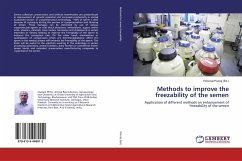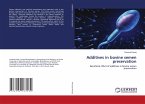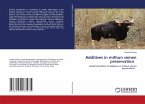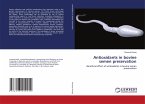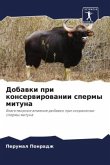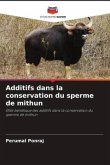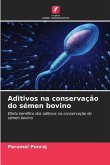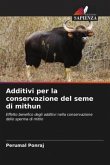Semen collection, preservation and artificial insemination are predominant in improvement of genetic potential and increased productivity in animal husbandry sectors. In cryopreservation technology, ~50% of sperm is died because of cryoinjury during the process of cryopreservation and thawing of semen. These damages can be minimized by use of various cryoprotective agents or cold shock absorbers, antioxidants, sugars, amino acids, vitamins, minerals, trace metals, hormones and cholesterols in semen extenders or dietary feeding to improve the freezability of the sperm to enhance the conception rate. On the other hand, minimization or optimization of components which are detrimental/adverse affect the sperm in the seminal plasma will enhance the freezability of the sperm. This book will be useful to the scientists working in the andrology or semen processing laboratory, animal breeders, dairy farmers or commercial frozen semen banks and extender/ preservatives manufacturing companies to cryopreserve the semen.

